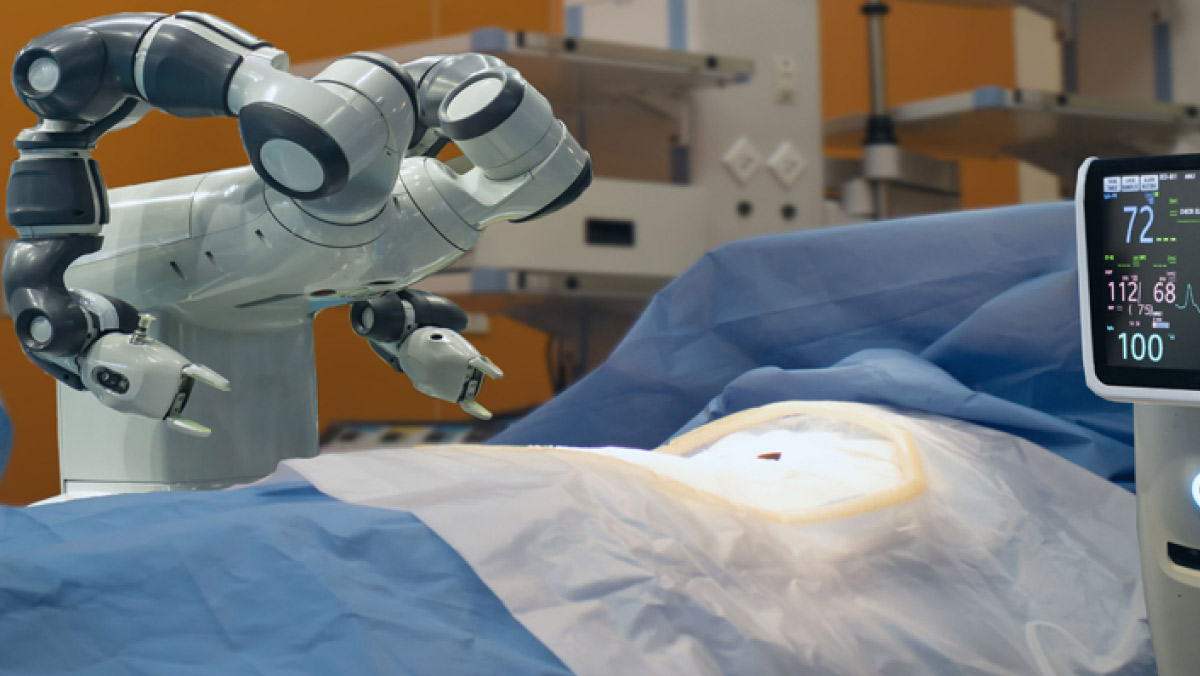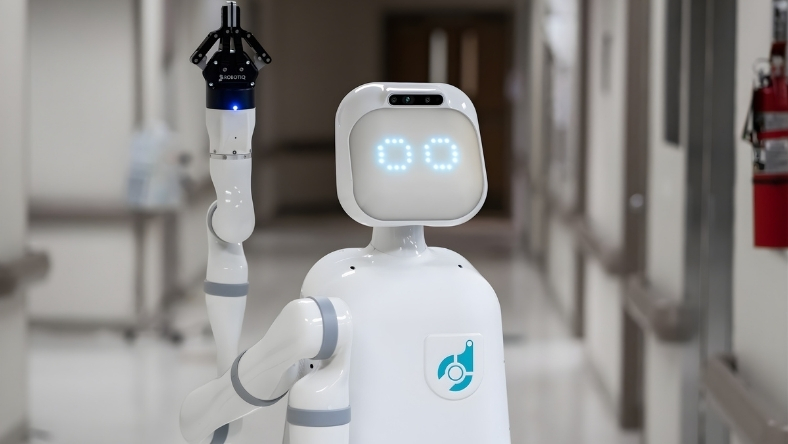RESEARCH
AI Surgeon Takes the Scalpel: Autonomous Ops Are Now Reality
Johns Hopkins unveils a robot that performs soft-tissue surgery solo, igniting a revolution in AI-driven operating rooms.
6 Aug 2025

In a landmark moment for surgical innovation, Johns Hopkins University has unveiled an autonomous robot capable of performing soft-tissue surgery without human control. This AI-powered system completed gallbladder removals on pig models with zero surgeon intervention and achieved a flawless success rate across multiple trials.
Unlike current robotic systems, which rely heavily on human operators, this prototype uses artificial intelligence to steer every phase of the procedure. It interprets video feeds, responds to voice commands, and adapts dynamically to real-time changes. The result is a fully autonomous surgery platform that sets the stage for a fundamental shift in operating room design and staffing.
As hospitals grapple with staff shortages and surgical backlogs, particularly in rural or underserved areas, this breakthrough could prove transformative. Autonomous systems could allow a single surgeon to supervise several procedures or bring advanced care to facilities with limited resources.
"This is the first time that autonomous robotic laparoscopic soft tissue surgery has been performed without human intervention," said Axel Krieger, the project's lead researcher and a mechanical engineering professor at Johns Hopkins. "It's a significant step forward for surgical autonomy and the potential to improve access to high-quality care."
The pressure is now on established surgical robotics companies, many of which still market manually operated systems. As autonomous performance proves viable, the race is on to embed smarter Al, accelerate innovation, and adapt to shifting regulations.
Regulatory challenges remain. Questions around liability, oversight, and patient safety must be addressed before human trials can begin. However, Johns Hopkins has taken steps to integrate human oversight through voice control, offering a hybrid model that balances automation with surgical expertise.
With human testing on the horizon, industry leaders see this as a pivotal moment. What once seemed like science fiction is rapidly becoming clinical reality. If the technology scales successfully, it could redefine how and where surgery happens, expanding access and elevating care across the globe.
Latest News
27 Jan 2026
From Solo Bots to Team Players in Healthcare26 Jan 2026
Serve expands into hospitals with Diligent acquisition22 Jan 2026
Health Systems Point to a New Era in Prosthetics Care20 Jan 2026
In Prosthetics and Robotics, Bigger Is Becoming Better
Related News

PARTNERSHIPS
27 Jan 2026
From Solo Bots to Team Players in Healthcare

INVESTMENT
26 Jan 2026
Serve expands into hospitals with Diligent acquisition

MARKET TRENDS
22 Jan 2026
Health Systems Point to a New Era in Prosthetics Care
SUBSCRIBE FOR UPDATES
By submitting, you agree to receive email communications from the event organizers, including upcoming promotions and discounted tickets, news, and access to related events.